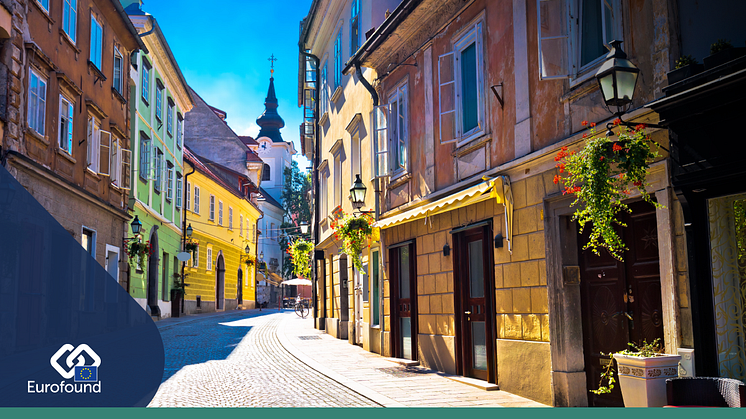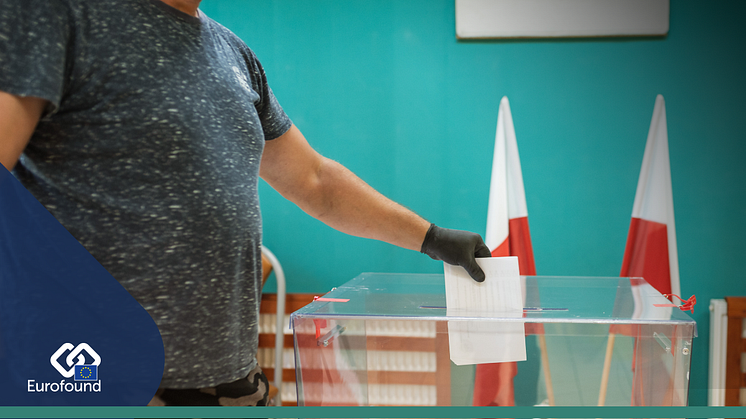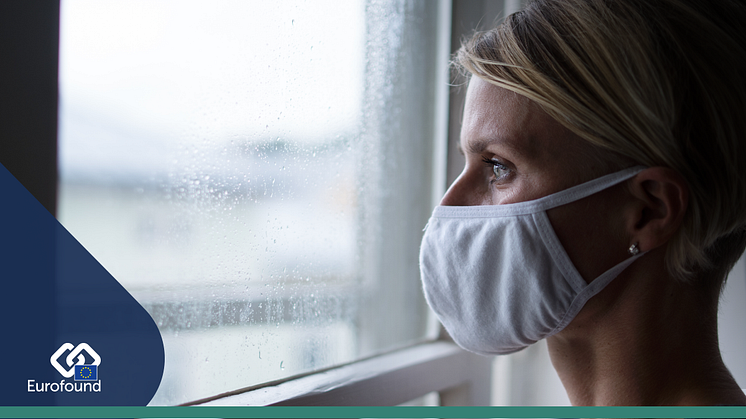
News -
Mental health in Slovenia above EU average during COVID-19 pandemic
Slovenians have fared comparatively well in terms of mental health during the COVID-19 pandemic compared to their EU counterparts standing at 53.2 on a scale of 100, behind only Denmark and Finland. According to Eurofound’s large-scale Living, working and COVID-19 online survey, the EU average was 45.3, when measured in February and March 2021. The Mental Well-being Index (WHO-5), developed by the World Health Organisation, is based on five indicators, and suggests risk of depression for scorers below 50.
The third round of the unique pan-EU survey was fielded in February and March 2021 and the analysis provided in the report and background data for the latest round is based on a sample of 46,800 responses, and an overall sample of 138,629 across all three rounds. It sheds light on the social and economic situation of people across Europe following nearly a full year of living with COVID-19 restrictions.
The COVID-19 pandemic led to a fall in mental well-being across all social groups, decreasing from 52.7 to 45.3 on average across EU Member States between summer 2020 and spring 2021, having improved from early in the pandemic (48.7 in April 2020). Slovenia, specifically, continuously ranked above the EU average, at 55.3 in spring last year, rising to 58.8 in the summer. 47.5% people in Slovenia are also optimistic about their future against the EU average of 40.6%.
The Living, working and COVID-19 survey did however reveal Slovenia’s declining trust in government at 3 (out of 10) in spring 2021, down from 3.5 (July 2020). This is lower than the EU average, which ranked at 4.6 in summer last year, climbing to 4.8 in early 2021.
Eurofound’s Working life highlights 2020 for Slovenia shows that the emergency measures adopted at the national level and by the European Commission to support businesses and citizens and preserve jobs saved about 300,000 jobs in 2020, according to the Ministry of Labour. The temporary lay-off and short-time working schemes were the two most important measures in the central European country, which also saw an increase in telework with 37.7% of people in Slovenia working from home during the pandemic.
Further information
- Report: Living, working and COVID-19 (Update April 2021): Mental health and trust decline across EU as pandemic enters another year
- Data: Living, working and COVID-19
- Database: COVID-19 EU PolicyWatch - Slovenia
- Database: Restructuring support instruments database
- Country page: Slovenia
- Working paper: Slovenia: Working life in the COVID-19 pandemic 2020




